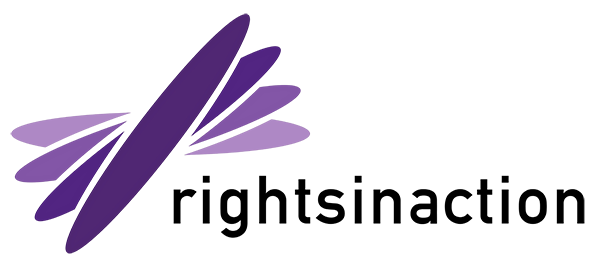Roles and Responsibilities

Applying As
When applying for the Disability Support Pension (DSP), applicants have several key roles and responsibilities to ensure their application is processed smoothly:
- Provide Accurate Information: Applicants must supply accurate and complete information about their medical condition, work history, and personal circumstances. This includes medical reports, employment records, and any other relevant documentation.
- Attend Medical Assessments: Applicants may be required to attend medical assessments or provide additional medical evidence to support their claim. These assessments help determine the extent of the disability and its impact on the applicant’s ability to work.
- Report Changes: It is crucial to report any changes in circumstances that might affect eligibility, such as changes in health, employment status, or living arrangements. This ensures that the support provided is appropriate and continues to meet the applicant’s needs.
- Participate in Interviews: Applicants might need to attend interviews with Centrelink staff to discuss their application and provide further information if required.
- Seek Other Income Sources: Applicants are encouraged to explore other potential sources of income or support, such as part-time work or other government benefits, if they are able to do so.
- Comply with Requests: Respond promptly to any requests from Centrelink for additional information or documentation. This helps avoid delays in processing the application.
- Honesty and Integrity: Always provide truthful and accurate information. Misrepresentation or failure to disclose relevant information can lead to penalties or disqualification from receiving benefits.
- Submission of Documents: It is the responsibility of the applicant to submit all accurate and complete documentation and evidence to Centrelink either in person or online. (Service Providers may offer to help you with submitting your application for DSP).
By fulfilling these responsibilities, applicants can help ensure their application for the Disability Support Pension is processed efficiently and accurately.
When applying for the Disability Support Pension (DSP), employment agencies play a crucial role in supporting applicants. Here are some of their key responsibilities:
- Assessment and Eligibility: Employment agencies help assess whether an individual meets the eligibility criteria for DSP. This includes evaluating medical evidence and other relevant documentation.
- Application Assistance: They assist with the completion and submission of the DSP application forms, ensuring all necessary information is provided accurately.
- Job Capacity Assessment: Employment agencies may conduct or facilitate job capacity assessments to determine the individual’s ability to work and the extent of their disability.
- Support Services: They provide access to various support services, such as vocational training, rehabilitation programs, and job placement services, to help individuals improve their employment prospects.
- Advocacy: Employment agencies advocate on behalf of the applicant, ensuring their rights are protected and they receive the appropriate support and benefits.
- Follow-Up and Monitoring: They monitor the progress of the application and provide ongoing support to ensure the individual continues to meet the DSP requirements and receives the necessary assistance.
These agencies aim to provide comprehensive support to individuals applying for DSP, helping them navigate the process and access the benefits they are entitled to.
When applying for the Disability Support Pension (DSP), doctors play a crucial role in providing the necessary medical evidence to support the application. Below are the key responsibilities of doctors in this process:
- Diagnosing Conditions: Doctors must provide a clear diagnosis of the applicant’s medical conditions. For mental health conditions, registered psychologist or psychiatrist must make the diagnosis.
- Providing Medical Evidence: Doctors need to supply detailed medical reports that outline the severity and impact of the applicant’s conditions. This includes information on how the conditions affect the applicant’s ability to work and perform daily activities.
- Completing Medical Forms: Doctors are required to fill out specific forms provided by Centrelink, detailing the applicant’s medical history, treatment plans, and prognosis.
- Ongoing Support: In some cases, doctors may need to provide ongoing medical evidence if the applicant’s condition changes or if Centrelink requests further information.
- Collaboration with Other Health Professionals: Doctors may need to work with other health professionals, such as psychologists, occupational therapists, and physiotherapists, to provide a comprehensive view of the applicant’s health.
These responsibilities ensure that the application process is thorough, and that Centrelink has all the necessary information to make an informed decision.
Additional Resources
Coming soon

